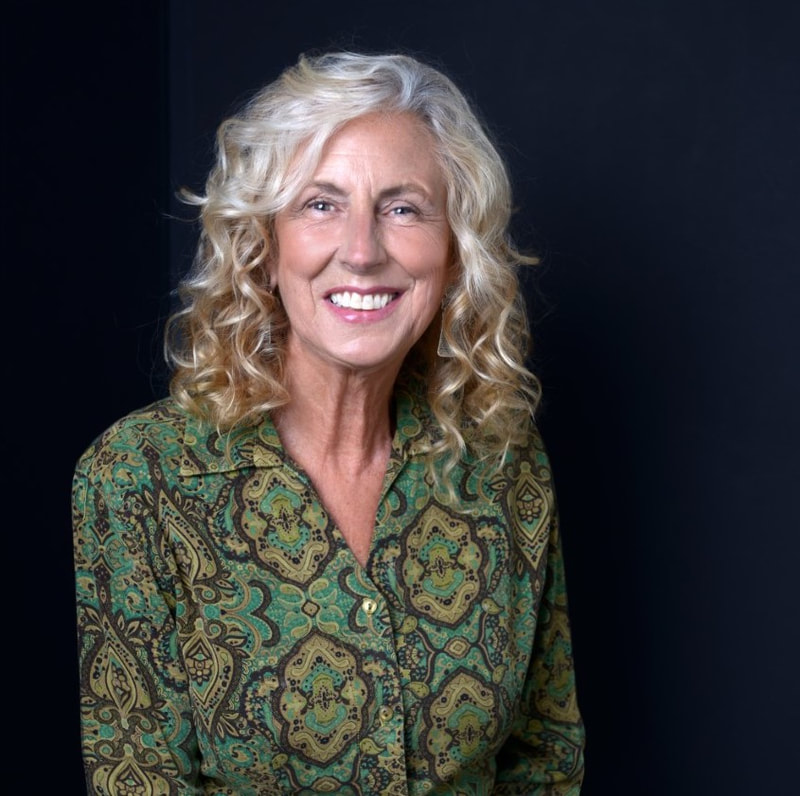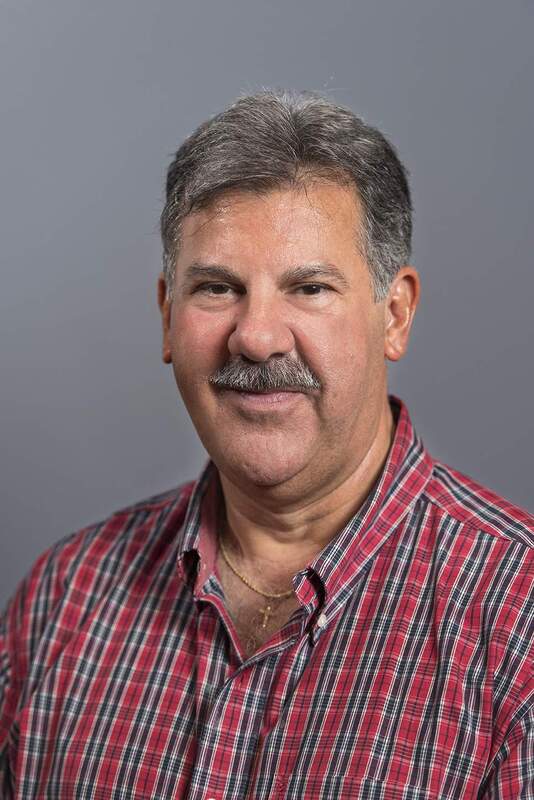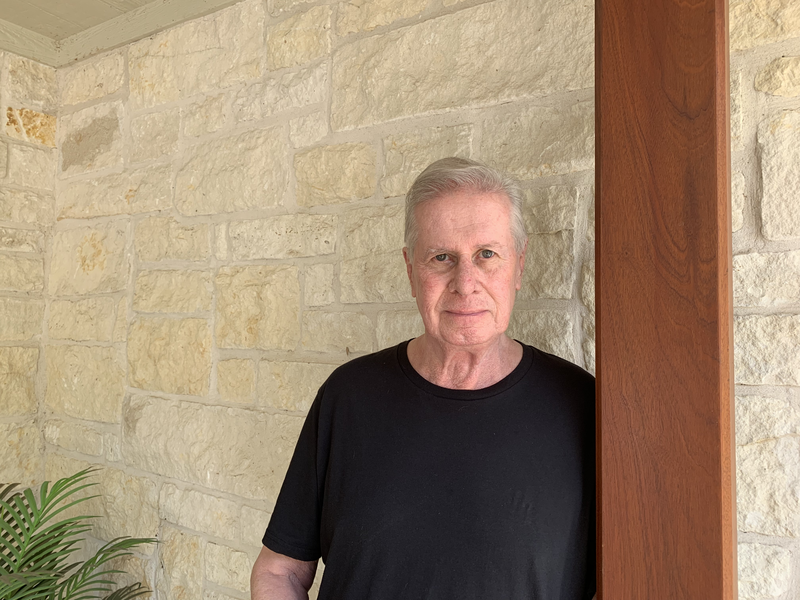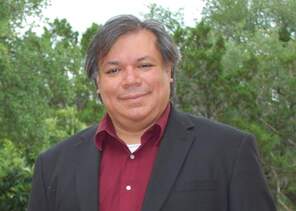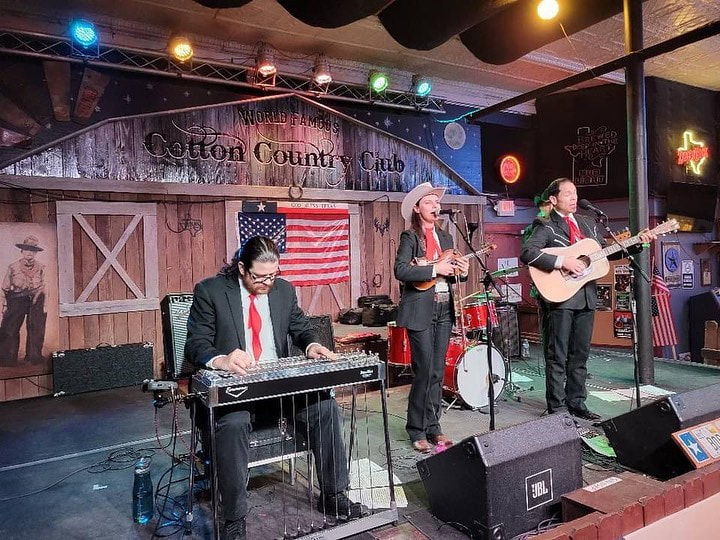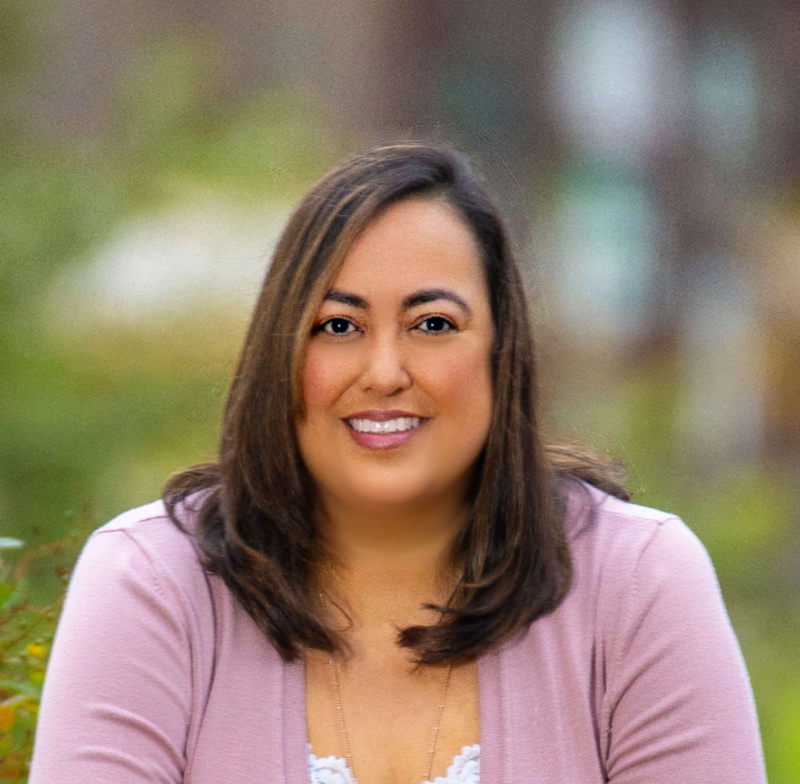Join ethnomusicologists, educators, traditional artists, and culture-bearers in the course,World Music Pedagogy: Teaching Music/Teaching Culture. We are featuring an in-person course on July 15 - 19, 2024 at Texas State University and a three-day webinar course on June 24-26, 2024. Participants can choose to enroll in one or several of these courses, depending upon their own time and interest.
With multiple music and pedagogy sessions in each of the courses, participants will explore the application of diversity issues for their relevance to teaching music to children and youth in elementary and secondary schools. Course sessions will lead to the development of teaching/learning content and process via the five dimensions of World Music Pedagogy, with attention to cultural histories, contexts, and sensibilities. By stepping up attention to *culture*, the musical education of all children and youth in general music classrooms, choral and instrumental ensembles, and various other school courses can emphasize both musical and cultural understandings. This webinar will advance understandings while inviting an open exchange on questions of music, education, and culture.
* Course participants will hear from/dialogue with a diverse faculty online whose specializations include topics of (a) teaching the world’s musical cultures (WMP), (b) matters of social justice and music education, (c) issues pertinent to culturally responsive teaching and culturally sustaining pedagogies in music, (d) cultural histories, contexts and meanings of songs, rhythms, and instrumental works of many cultures, and (e) pedagogical styles and strategies that meet the needs of learners of various experiences.
* Excursions into a variety of the world’s musical cultures—local American *and* global--will be backed by recommendations for resources (mediated audio, video, and print material and “human” vis-à-vis culture-bearers) and pedagogical ways of attaining deeper experiences for learners of music and culture.
* Discussions will ensue on questions of music and race, indigeneity, gender and sexuality, and social activism, as well as developmentally appropriate music that fits the needs of learners from early childhood, through elementary and secondary school, and into post-secondary school settings.
* The course fee is inclusive of all sessions, plus course preliminaries or follow-ups via exchanges between participants and course faculty, along with vetted resources to be recommended for teaching/learning include recordings, video-recordings, websites, print material, and locally living culture-bearers who enhance and enrich learning of music and culture. Webinar course will be delivered through Zoom Video Conferencing with resources and recordings housed on a Canvas Project site. Recordings and resources will be available for a full year.
Documentation of course participation and proficiency will be offered by course faculty in collaboration with Smithsonian Folkways Recordings.
With multiple music and pedagogy sessions in each of the courses, participants will explore the application of diversity issues for their relevance to teaching music to children and youth in elementary and secondary schools. Course sessions will lead to the development of teaching/learning content and process via the five dimensions of World Music Pedagogy, with attention to cultural histories, contexts, and sensibilities. By stepping up attention to *culture*, the musical education of all children and youth in general music classrooms, choral and instrumental ensembles, and various other school courses can emphasize both musical and cultural understandings. This webinar will advance understandings while inviting an open exchange on questions of music, education, and culture.
* Course participants will hear from/dialogue with a diverse faculty online whose specializations include topics of (a) teaching the world’s musical cultures (WMP), (b) matters of social justice and music education, (c) issues pertinent to culturally responsive teaching and culturally sustaining pedagogies in music, (d) cultural histories, contexts and meanings of songs, rhythms, and instrumental works of many cultures, and (e) pedagogical styles and strategies that meet the needs of learners of various experiences.
* Excursions into a variety of the world’s musical cultures—local American *and* global--will be backed by recommendations for resources (mediated audio, video, and print material and “human” vis-à-vis culture-bearers) and pedagogical ways of attaining deeper experiences for learners of music and culture.
* Discussions will ensue on questions of music and race, indigeneity, gender and sexuality, and social activism, as well as developmentally appropriate music that fits the needs of learners from early childhood, through elementary and secondary school, and into post-secondary school settings.
* The course fee is inclusive of all sessions, plus course preliminaries or follow-ups via exchanges between participants and course faculty, along with vetted resources to be recommended for teaching/learning include recordings, video-recordings, websites, print material, and locally living culture-bearers who enhance and enrich learning of music and culture. Webinar course will be delivered through Zoom Video Conferencing with resources and recordings housed on a Canvas Project site. Recordings and resources will be available for a full year.
Documentation of course participation and proficiency will be offered by course faculty in collaboration with Smithsonian Folkways Recordings.
2024 Faculty Will Be Announced Soon
***Tentative Faculty Below***
Course Schedule: TBA
Location:
Texas State University
School of Music
101 Pleasant Street
San Marcos, TX 78666
Room 222
Plan Your Visit
Directions to the School of Music
Parking: Pleasant Street Parking Garage (across the street) $15
Campus Maps
Airports, Lodging, Dining
Parking: Pleasant Street Parking Garage (across the street) $15
Campus Maps
Airports, Lodging, Dining
Recommended Materials
1. Book of Choice from World Music Pedagogy Series
Recordings can be found through link below under Support Material (Sarah Watts; music for toddlers-preschoolers-kindergarten, ages 2-7 years) (Christopher Roberts and Amy Beagle; music for grades 1-6) (Karen Howard and Jamey Kelley; music alternative classes in grades 7-12) (Mark Montemayor, Will Coppola, Chris Mena; bands and orchestras in grades 4-12) (Sarah Bartolome; choral music in grades 4-12) (Patricia Shehan Campbell and Chee Hoo Lum; grades K-12 collaborations
by teachers and students with culture-bearers, in every context) (Will Coppola, David Hebert, Patricia Shehan Campbell; college/university
world music culture classes for music majors and general studies students)
2. Chapter and Article Readings (will be provided)
Recordings can be found through link below under Support Material (Sarah Watts; music for toddlers-preschoolers-kindergarten, ages 2-7 years) (Christopher Roberts and Amy Beagle; music for grades 1-6) (Karen Howard and Jamey Kelley; music alternative classes in grades 7-12) (Mark Montemayor, Will Coppola, Chris Mena; bands and orchestras in grades 4-12) (Sarah Bartolome; choral music in grades 4-12) (Patricia Shehan Campbell and Chee Hoo Lum; grades K-12 collaborations
by teachers and students with culture-bearers, in every context) (Will Coppola, David Hebert, Patricia Shehan Campbell; college/university
world music culture classes for music majors and general studies students)
2. Chapter and Article Readings (will be provided)
What People Are Saying...
- "Having participated in or presented at clinics and conferences in 11 countries and nearly half the states, I can say, without doubt, that this course is among the most organized, productive, and beneficial experiences available to musicians and educators." - University Professor
- “Truly a transformative experience! Amazed at how accessible world music was made to me this week.” - Elementary/Secondary Music Teacher
- “I use the Smithsonian Folkways website on an almost weekly basis and my students use it to find their music examples for each of our 12 chapters.” - University Professor
- “It really built my confidence in what I do with my students and what I’m capable of teaching.” - Elementary School Music Teacher
- “I have learned so much about myself and music and teaching this week.” - University Music Professor
- “I feel like I just opened up a treasure chest of materials and opened my ears and heart to new sonic experiences which I will share with my students, co-teachers, community, and children’s music network.” - Elementary Music Teacher
- “This has been overwhelming but in the BEST way. I have learned so much and enjoyed every part of it.” - University Professor
- “I have started an African Drumming curriculum in my classroom. I’ve started to integrate more world music into my classes and coordinate with the classroom teachers.” - General & Instrumental K- 8 Music Teacher
- “I used components of the curricula in my World Music Class. I used some of the information learned specific to the areas I taught.” - University Professor
- “I started during the first class when school started in September and ever class K-6 is exposed to some world music every week in not every class.” - General & Instrumental K - 8 Music Teacher

